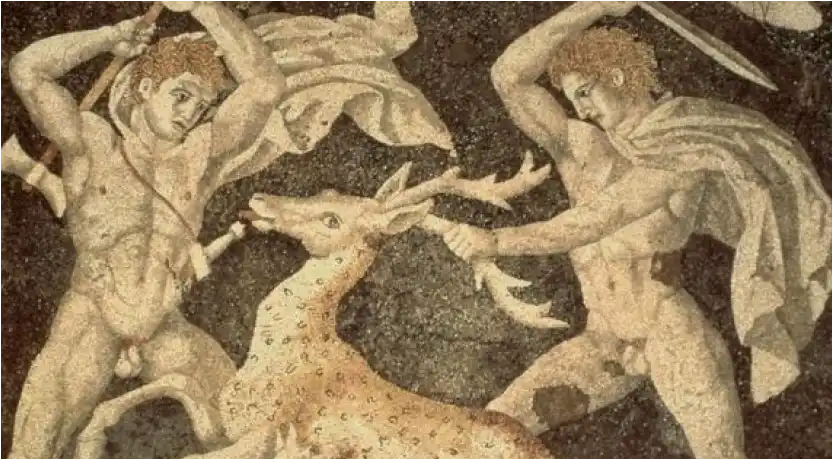The story of the Macedonian empire is the story of two men: a brilliant father who built a revolutionary military and political machine, and a genius son who used it to conquer the world. Understanding how Philip II and Alexander the Great forged an empire is to witness one of the most pivotal moments in history, a period that shattered the old world order and ushered in a new Hellenistic age.
Philip II: The Architect of Macedonian Power
When Philip II took the throne in 359 BC, Macedonia was a weak and fractured kingdom on the brink of collapse. Through brilliant diplomacy and relentless military campaigning, he unified the country, subduing the unruly highland tribes and securing his borders. He completely reformed the Macedonian army, creating the professional, combined-arms force centered on the sarissa-wielding phalanx and the heavy Companion cavalry. After consolidating his power, he turned his attention south, and through a series of masterful campaigns culminating in the Battle of Chaeronea in 338 BC, he became the undisputed master of all of Greece.
Alexander’s Legendary Conquest of Persia
After Philip’s assassination in 336 BC, his 20-year-old son, Alexander the Great, inherited not just a kingdom, but the finest army in the world and a plan for the invasion of the mighty Persian Empire. In a breathtaking campaign that lasted just over a decade, Alexander led his forces across Asia, winning a series of decisive battles against overwhelming odds at the Granicus River, Issus, and Gaugamela. His conquests stretched from Greece to India, toppling the Persian Empire and creating one of the largest empires in ancient history.
The Hellenistic Legacy
Alexander’s death in 323 BC at the age of 32 led to the fracturing of his vast empire, as his generals, known as the Diadochi, fought for control. However, his conquests had a lasting and profound impact on the world. His campaigns spread Greek language, culture, and ideas across the Middle East and into Asia, a process known as Hellenization. This fusion of Greek and Eastern cultures created a vibrant new “Hellenistic” world that would dominate the region for centuries, fundamentally shaping the course of Western civilization.
Roisman, Joseph, and Ian Worthington, editors. A Companion to Ancient Macedonia. Wiley-Blackwell, 2010.
- Curses: The History of the Evil Eye and Binding Magic
- Magical Plants: A Witch’s Garden of Herbs and Poisons
- Roman Magic: Curses, the Strix, and Everyday Protection
- Circe: The Greek Sorceress of Transformation and Myth
- Greek Magic: Hecate’s Power, Oracles, and Enchantresses
- Japanese Magic: Yōkai, Onmyōdō, and Supernatural Folklore
- Empress Chen Jiao: The Royal Scandal of Witchcraft in Han China
